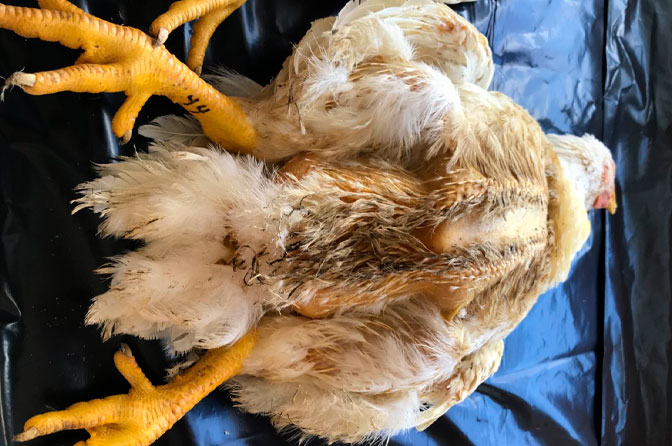
Coccidiosis is a common parasitic disease affecting chickens, caused by protozoan parasites known as coccidia.
This condition can lead to significant health issues, including weight loss, diarrhea, and even death if not treated promptly.
While commercial medications are available, many poultry keepers prefer natural remedies to address this condition.
This article explores effective natural treatments for coccidiosis in chickens and offers tips for prevention to ensure a healthy flock.
1. Understanding coccidiosis in chickens
Coccidiosis is caused by various species of coccidia that infect the intestinal tract of chickens. The disease spreads through contaminated feed, water, or bedding, making it crucial to maintain a clean environment.
Symptoms include lethargy, reduced appetite, and blood in the feces. Understanding the life cycle of coccidia and how it affects chickens is essential for implementing effective treatment and prevention strategies.
2. Herbal remedies for treating coccidiosis
Several herbal remedies have shown promise in treating coccidiosis naturally. One effective option is the use of oregano oil, known for its antimicrobial properties. Mixing a few drops of oregano oil in the chickens’ drinking water can help combat coccidia and improve gut health.
Garlic is another powerful herb; adding crushed garlic cloves to feed can boost the immune system and provide additional antifungal benefits.
Other herbs, such as thyme and goldenseal, can also be beneficial, as they possess natural antibiotic properties that support the recovery of infected birds.
3. Dietary adjustments for recovery
Making dietary adjustments can significantly aid in the recovery from coccidiosis. Providing high-quality protein sources such as cooked eggs or mealworms can help strengthen the immune system and promote healing.
Additionally, incorporating probiotics into their diet can restore healthy gut flora, aiding in digestion and overall health.
Foods rich in fiber, like fresh greens, can help maintain digestive health and promote recovery. Ensuring chickens have access to fresh, clean water is equally important during their recovery process.
4. Maintaining a clean environment
Preventing coccidiosis is just as important as treating it. Keeping the chickens’ living area clean and dry can significantly reduce the risk of infection.
Regularly changing bedding and cleaning the coop helps eliminate coccidia oocysts, which can survive in the environment for extended periods.
Providing ample space for chickens to roam can also help minimize stress and reduce the likelihood of disease spread. Good management practices, including rotational grazing, can further lower the risk of coccidiosis outbreaks.
5. Monitoring and ongoing care
Close monitoring of your flock is crucial for early detection and intervention in cases of coccidiosis. Regularly check for symptoms and observe any changes in behavior or appetite.
Maintaining a health record for each chicken can help identify patterns and prompt timely action. Providing supportive care, including electrolyte solutions in their water, can assist in recovery from dehydration caused by diarrhea.
Additionally, consider consulting with a veterinarian knowledgeable in poultry health for further guidance on natural treatments and preventive measures.
In conclusion, treating coccidiosis in chickens naturally involves a combination of herbal remedies, dietary adjustments, and effective management practices.
By understanding the disease and implementing these strategies, poultry keepers can promote recovery and reduce the likelihood of future outbreaks.
Maintaining a clean environment, monitoring flock health, and using natural treatments can lead to a healthier and more resilient chicken population.
Embracing these natural methods not only supports the well-being of the birds but also contributes to sustainable poultry farming practices.





